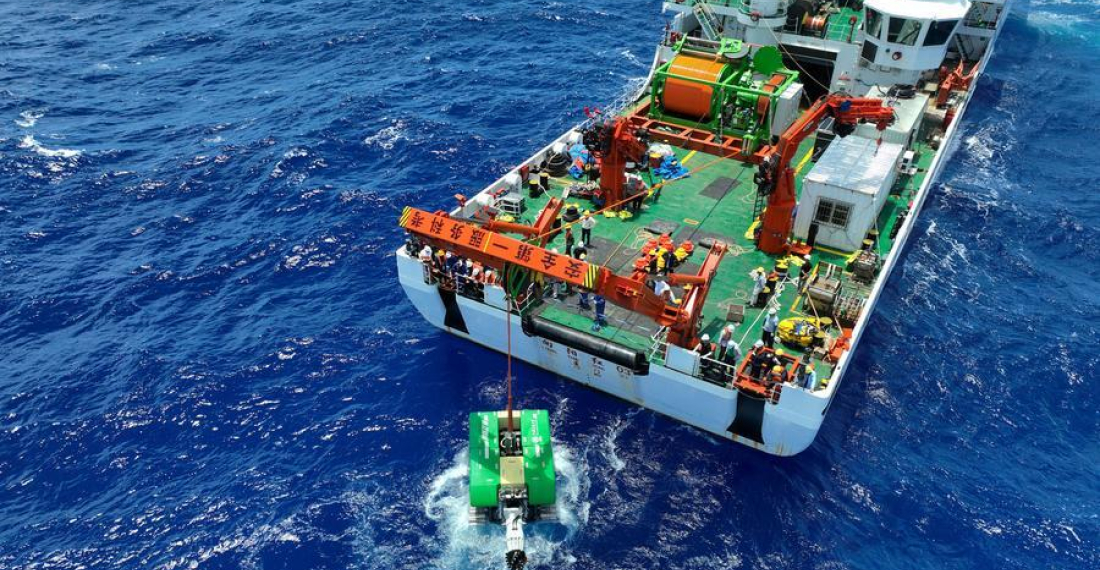US President Donald Trump signed an executive order on Thursday (24 April) for more deep-sea mining in US and international waters. This is a move by the US to compete with China, which is investing heavily in extracting important minerals and earth elements from the seabed.
The presidential order includes an expedited permitting process for deep-sea mining on the US seabed. It also orders a review of permits "in areas beyond national jurisdiction".
Deep-sea mining involves the extraction of manganese nodules from the ocean floor. These are rocks that contain precious metals such as nickel, cobalt and copper. These metals are used in the production of batteries for electric cars and are therefore of great value to a country's position in world trade.






